Wednesdays with Grace
Note: Uncomfortable and dangerous words follow!
I have spent most of my life learning, teaching, practicing and thinking physics. Sometimes I have an uncomfortable relation to words spoken and written by dedicated Christians. The unease comes with expressions like the verse of one hymn suggesting “faith believes, nor questions how.” A prime directive of physics is to investigate “how,” as in “what is the mechanism?” Physicists are a 0.01% minority in the world, the majority not Christians, but when I sometimes find myself thinking in a language foreign to much of the Christian world, am I heretical? Or am I faithful by asking whether the hymn’s instruction, “believe, but don’t question how,” is Biblical?
Acts 17:11 says, “Now the Berean Jews were of more noble character… for they … examined the Scriptures every day to see if what Paul said was true.” I suspect the Berean Jews were initially skeptical of Paul’s preaching. I can hear Bereans initially thinking, “No…wait! Can that be?” but Luke commends them as “of more noble character” because they eagerly searched the Hebrew Biblical texts familiar to them.
Is a mind of “how does that work?” also a commendable response to the mysteries of faith? Consider Biblical statements of Jesus being both human and eternal, living both in and outside our time (eternity), or possible stubbing His toe on earth after creating the universe. I can admire Christians who simply say, “I can never really understand these things, but I believe them,” but is there not a Christian benefit to seeking more, even if it is always just beyond the reach of our earthly minds?
Some believers have thought so. St. Augustine wrestles with questions of creation in his commentary on Genesis. Then, throughout his autobiographical Confessions, Augustine keeps investigating. Augustine asks the Lord in prayer, “how didst Thou make the heaven and the earth?... and what [is] the engine of Thy so mighty fabric?” (Chapter V). Later, he prays, “My soul is on fire to know this most intricate enigma. Shut it not up, O Lord my God, good Father; …This is my hope, for this do I live, that I may contemplate the delights of the Lord. Behold, Thou hast made my days old, and they pass away, and how, I know not. And we talk of time, and time, and times, and times…” (Chapter XXII) Finally, after a lifetime of seeking insights, Augustine still calls himself to explore faith by commanding “courage, my mind, and press on mightily. God is our helper, He made us, and not we ourselves. Press on where truth begins to dawn.” (Chapter XXVII)
I feel very challenged and empathetic reading Augustine. I also feel the same reading C.S. Lewis. Even when I sing hymns, I sometimes feel like I am walking on dangerous ground when I pose questions, but how about reading Scripture? The author of Hebrews tells us Scripture is “living and powerful, and sharper than any two-edged sword, piercing even to the division of soul and spirit, of joints and marrow.” (Hebrews 4:12) Is there some dangerous ground here?
Tom Nordlund

